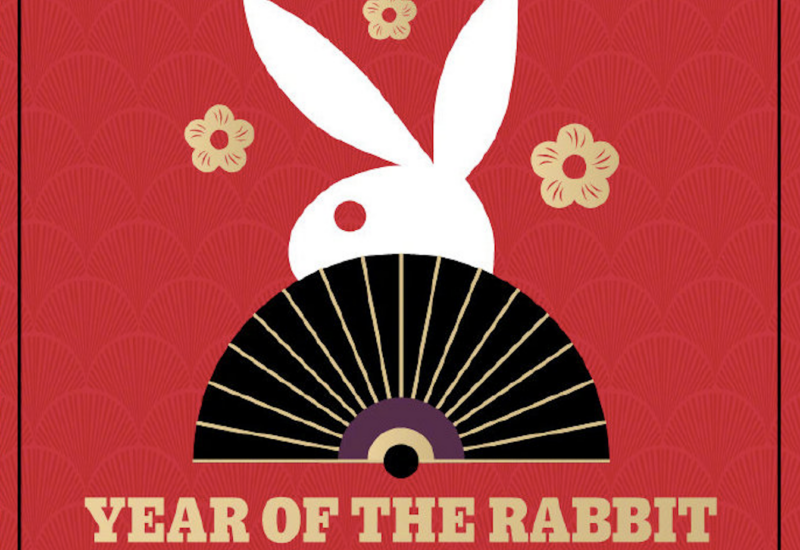Just days ahead of the news that China’s population has now entered “negative growth”, the southern city of Shenzhen already announced its plan to give cash incentives to couples planning on having children.
An announcement on the Shenzhen Municipal Government website dated January 12th details the new policy, aimed at boosting the birth rate in China’s manufacturing and technology capital.
Prospective parents must both possess Shenzhen household registration to apply, and the subsidy given will depend on the number of children the family already have. Parents having their third child will be eligible for the highest one-time subsidy of 10,000 RMB (1,500 USD), compared to 5,000 RMB (750 USD) and 3,000 RMB (450 USD) payments for the births of a second and first child respectively.
Shenzhen is not the first Chinese city to introduce birth subsidies. In recent months similar policies were announced in Jinan, Shandong province and Changsha, Hunan province as well as in Linze county, Gansu province as far back as September 2021.
The major policy shifts of 2015 and 2021, in which the birth limit was raised from one to two children and then from two to three children respectively, were unsuccessful in reversing the drop in birth rate. Continuing on this trajectory, China has now officially entered the phase of population decline.
Online reactions to the Shenzhen Municipal Government’s announcement were scathing, with multiple Weibo users decrying the policy as “stingy” compared to Jinan’s more generous offering of 90,000 RMB (30,000 USD). Another commenter mocked the rapid change in policy: “Before 2015 if you had a second kid in Shenzhen, you’d be fined 240,000 RMB. Now if you have just one kid you get subsidised 19,000 RMB! It’s hilarious”.
Others simply pointed out that the subsidies don’t come close to covering the cost of raising a child – remedial classes, orthodontic care, and even down payments on wedding venues were cited by netizens as additional costs not factored in by the municipal government.
Whilst monetary incentives are known to boost population growth, the factors slowing China’s growth reflect not only financial pressures but shifting social attitudes. Young couples already intent on having children but concerned about the financial burden will likely be encouraged by the birth subsidies. However, the marked decline in personal desire to have children or get married among younger Chinese will present a much more profound challenge in governance going forward.









